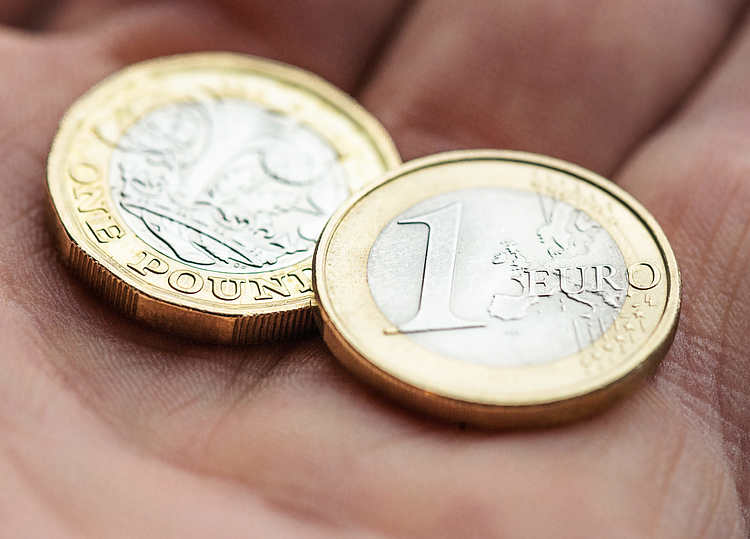EUR/GBP broke its four-day losing streak, rising to around 0.8330 during European trading hours on Tuesday. This increase in the EUR/GBP cross can be attributed to the dovish comments made by Bank of England (BoE) Governor Andrew Bailey. Bailey expressed his belief that the inflation outlook is decreasing, indicating that interest rates may also follow a downward path gradually. He further stated that he expects interest rates to settle at a ‘neutral rate’.
UK Prime Minister Keir Starmer is set to deliver his first speech at the Labour Party conference, where he is expected to acknowledge the challenges ahead but also highlight the potential for progress. Starmer will emphasize the need for tough decisions now to build a new Britain and will convey a message of hope for the future. This speech comes at a pivotal time for the UK as the country grapples with ongoing issues related to Brexit and the COVID-19 pandemic.
In terms of economic data, Germany’s headline IFO Business Climate Index declined to 85.4 in September, falling from 86.6 in August and missing market expectations of 86.0. Additionally, the Current Economic Assessment Index dropped to 84.4, below the forecasted 86.1, while the IFO Expectations Index decreased to 86.3 in September from 86.8 in August. These numbers indicate a slightly pessimistic outlook for the German economy in the coming months.
Market analysts have been closely monitoring the data releases from the Eurozone and Germany, including the flash HCOB Purchasing Managers Index (PMI) data for September. The results of these reports have heightened expectations that the European Central Bank (ECB) may decide to implement a second consecutive interest rate cut at its upcoming October meeting. This potential move by the ECB could have significant implications for the euro and the forex market as a whole.
Overall, the recent developments in the forex market, particularly the movements in the EUR/GBP cross, are being influenced by a combination of central bank commentary, economic data releases, and political events. Traders and investors are closely monitoring the statements made by central bank officials, such as BoE Governor Andrew Bailey, for insights into future monetary policy decisions. Additionally, economic indicators like the IFO Business Climate Index and PMI data are providing valuable information about the current state of the European economy.
Looking ahead, market participants will continue to focus on key events and data releases that could impact the forex market, including speeches from central bank officials, economic reports, and geopolitical developments. The ongoing uncertainty surrounding Brexit, the global economic recovery, and the COVID-19 pandemic will likely remain key drivers of market sentiment and volatility in the coming weeks. Traders are advised to stay informed and exercise caution when navigating the ever-changing landscape of the forex market.










